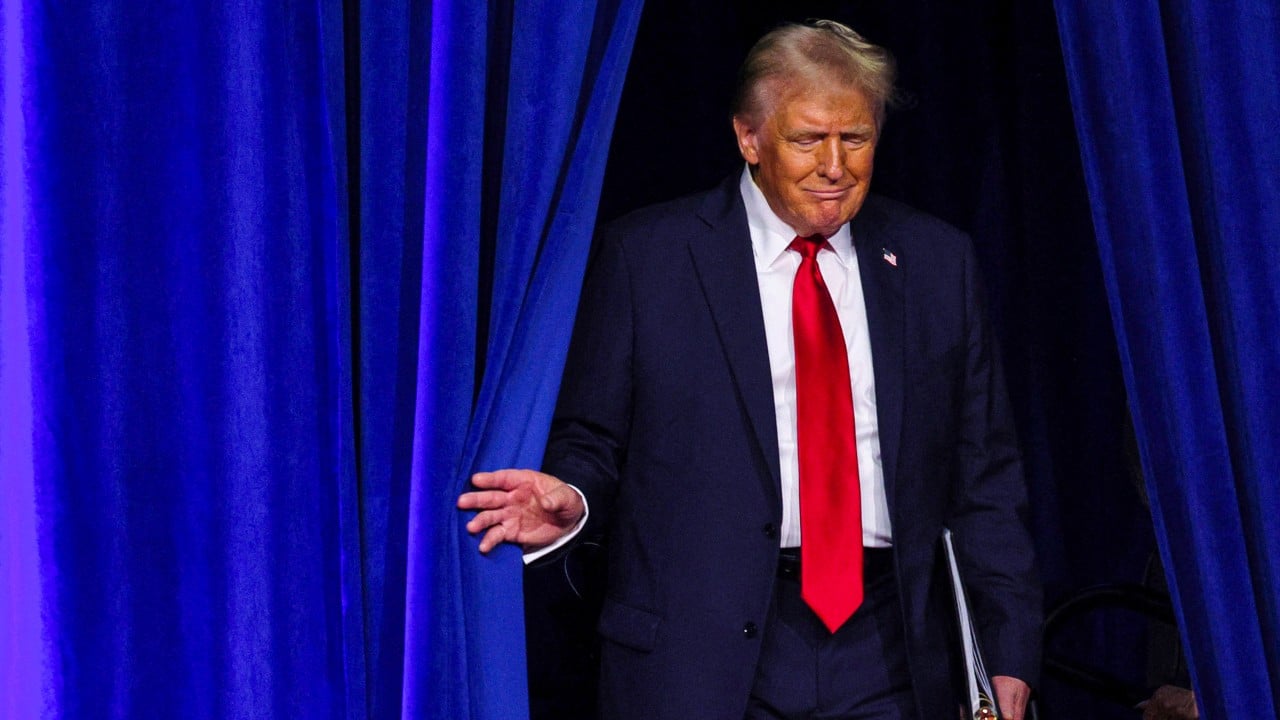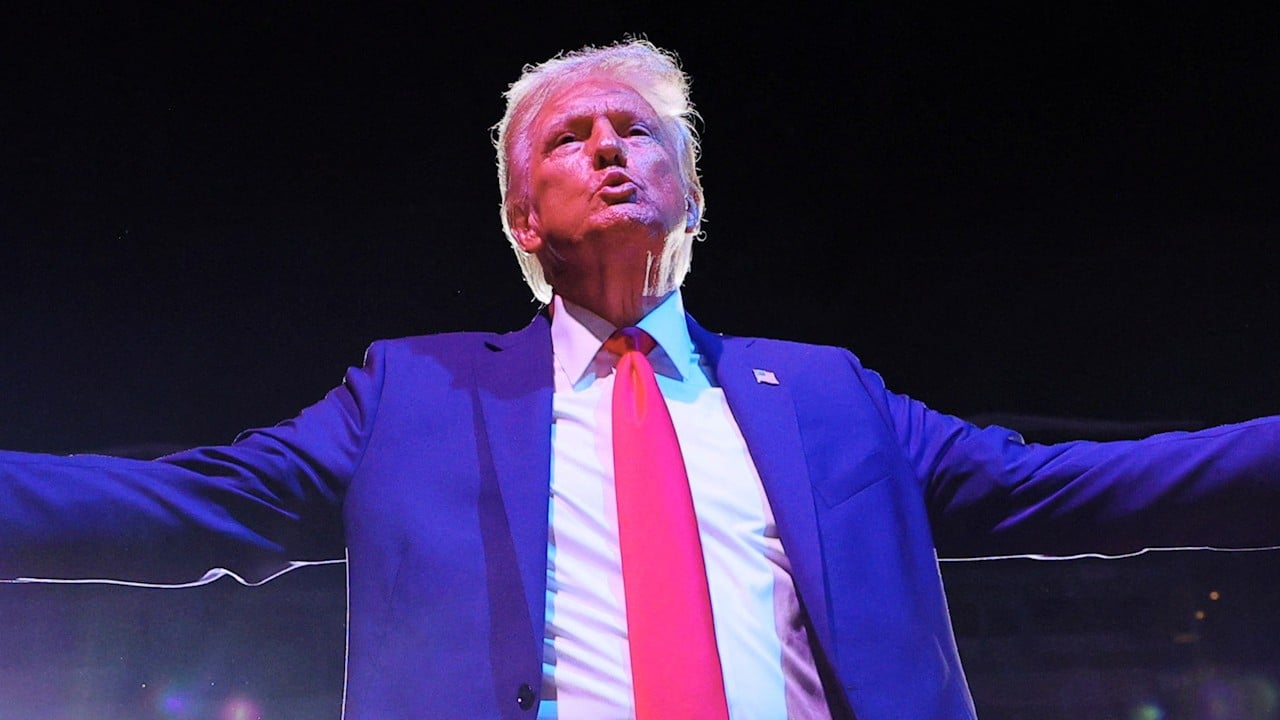Some Chinese-born scientists and engineers in the United States are hopeful the second Trump presidency will recognise their contribution to American academia and scientific advances, despite the first Trump administration introducing an initiative they say brought fear and discrimination.
Advertisement
In addition to hope, they have expressed a mix of emotions – ranging from goodwill and cautious optimism to a deep sense of crisis – following Trump’s re-election as president on Tuesday.
Shan-Lu Liu, a virologist from Ohio State University, said the Chinese-American research community recognised “the value of the democratic process in US elections” and hoped the new administration would uphold principles of science and technology, continue support for basic research and encourage international collaboration.
“The United States has benefited tremendously from the scientific contributions of foreign immigrants, especially Asian-American, and that shouldn’t change,” Liu told the South China Morning Post on Wednesday.
However, Shun-Rong Zhang, a space weather researcher at MIT’s Haystack Observatory, said the election results had made prospects for US-China cooperation in space technology “even less optimistic”.
Advertisement
According to Zhang, Chinese-American scientists are increasingly concerned about a possible revival of the China Initiative, an investigation launched in 2018 by the Trump administration to counter alleged economic espionage and technological theft by China.
The programme was heavily criticised for disproportionately targeting academics of Chinese descent for issues unrelated to espionage. Although the Biden administration officially terminated the initiative in 2022, the Republican Party has been pushing for its return.


